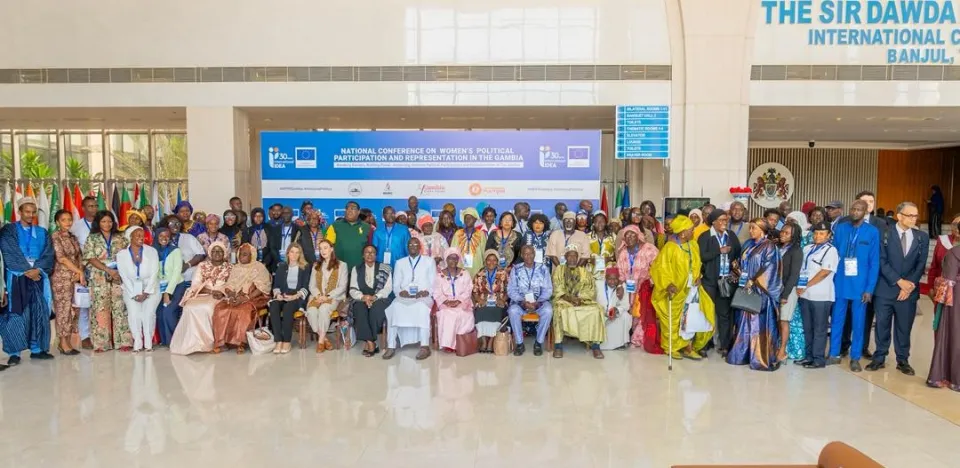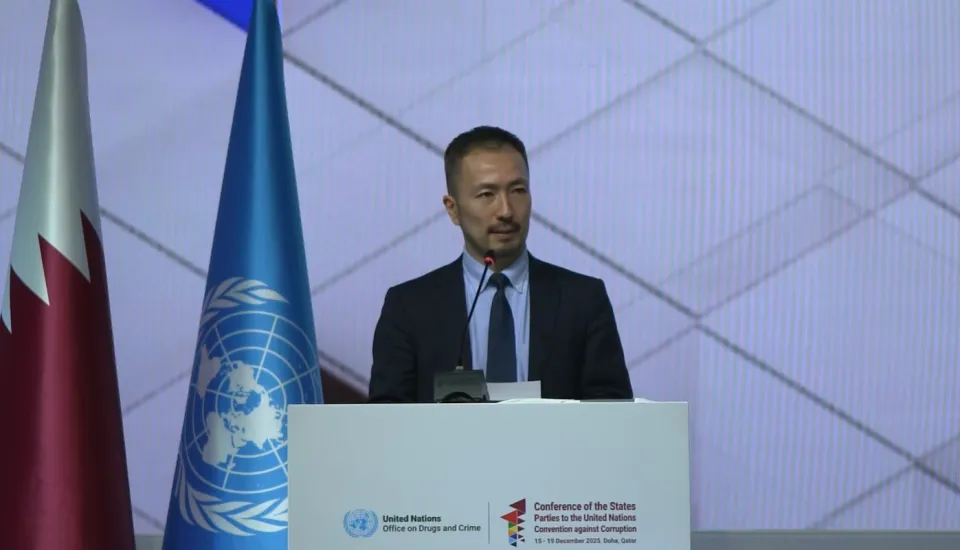On 15 May 2014, International IDEA hosted an event in New York entitled Advancing Genuine Political Participation: Strategies for Overcoming Exclusion for Marginalized Groups. This was a side-event to the 13th Session of the Permanent Forum on Indigenous Issues, and brought together experts, indigenous delegates and the UN policy community to share best practice in facilitating the move from exclusion to inclusion for marginalized groups through democratic governance institutions.
The panel, moderated by Mr Massimo Tommasoli, Permanent Observer for International IDEA to the UN, included: Mr Carl Soderbergh, Head of Policy and Communications, Minority Rights Groups International; Ms Grace Poore, Program Coordinator for Asia and the Pacific, International Gay and Lesbian Human Rights Commission (IGLHRC); and Ms Crystal Lameman, Tar Sands Program Coordinator, Member, Beaver Lake Cree Nation.
With an eye towards the inclusion of the rights of indigenous peoples in the Post-2015 Development Agenda, the panellists discussed how communities that face discrimination and exclusion have forged pathways to participation in public service delivery and inclusion in formal political processes. Mr Soderbergh drew on examples from Bangladesh, Belize and Tanzania to discuss the effectiveness of coalition building between marginalized groups, local and international NGOs and national commissions in gaining participation and representation in political processes for excluded groups.
Ms Poore underlined the work done by the IGLHRC to recognize the struggles specific to marginalized peoples within marginalized communities, such as her organization’s recently released study on violence against lesbians, bisexual women and transgender people in five countries throughout Asia, and the continuing effort to have LGBT and indigenous people included in all Association of Southeast Asian Nations (ASEAN) human rights declarations.
Through the example of the infringement on First Nations lands by those involved in the creation of the Tar Sands oil pipeline, Ms Lameman discussed the urgent need to convey to national political representatives the vital importance of land, water and animals to the self-determination and everyday life of the Beaver Lake Cree Nation.
The event also provided an opportunity to spotlight the analysis on excluded communities in two recently produced International IDEA publications: Overcoming Political Exclusion: Strategies for Marginalized Groups to Successfully Engage in Political Decision-Making and Journey from Exclusion to Inclusion: Marginalized Women’s Successes in Overcoming Political Exclusion.

From the left: Grace Poore, Crystal Lameman, Massimo Tommasoli and Carl Soderbergh



